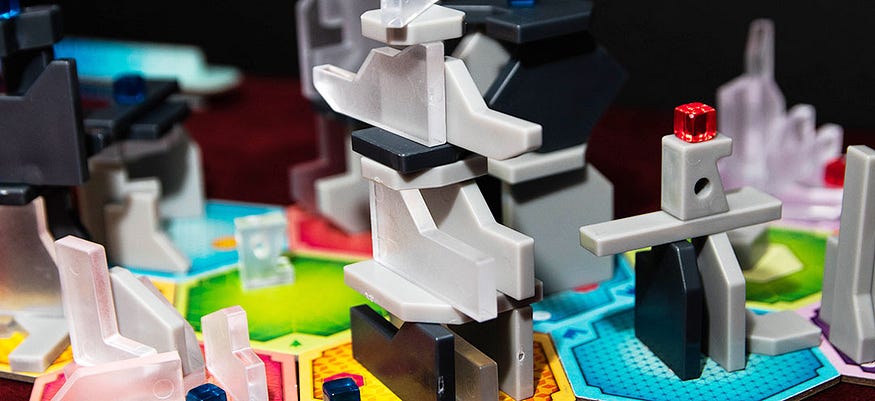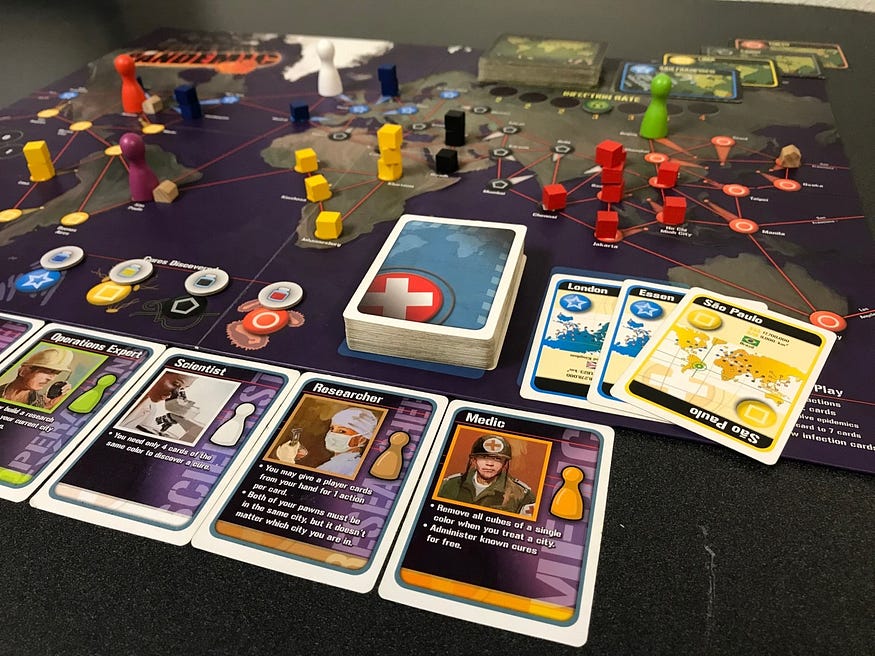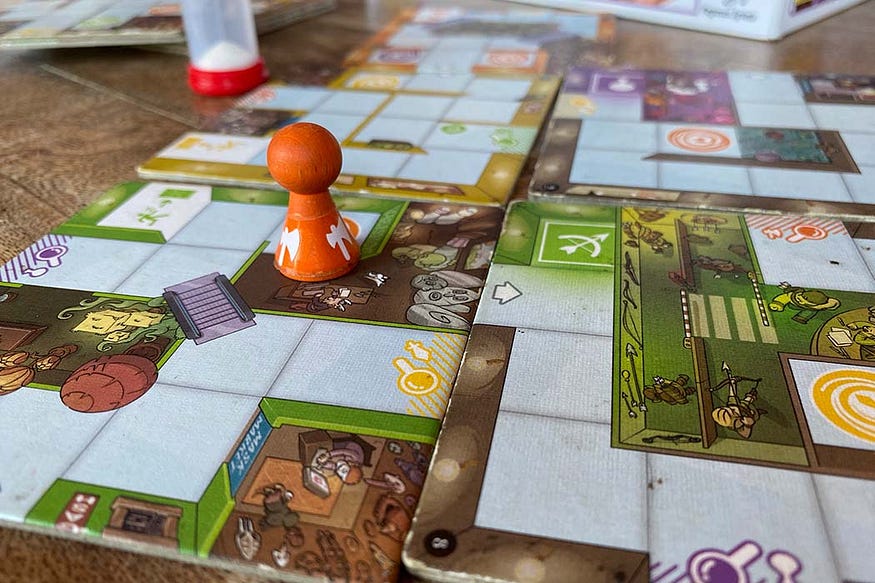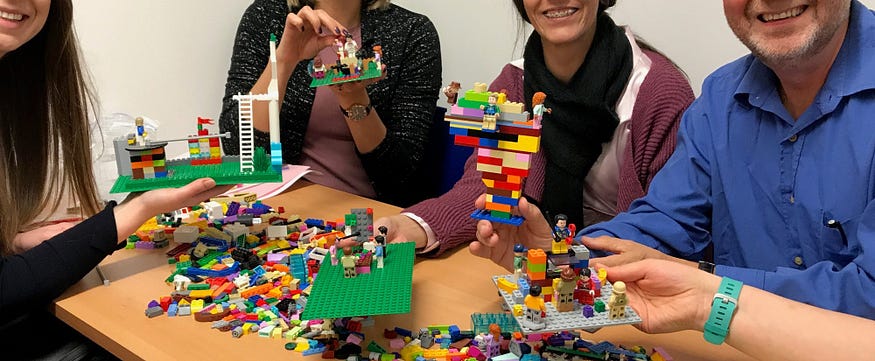As a game lover I have a decent collection of boardgames and I have also the opportunity to play many games thank to friends loving them too. For sure I am playing these games just for fun. However some of them can be used for specific serious goals too, and may help in coaching people and teams.

The process of using an existing boardgame, created only for fun, as a serious game for learning is what we call hacking a boardgame.
This page lists some opportunities that your favourite game store could provide to help your job as Agile Coach or Scrum Master.
Everything you can find here I tested personally more times and the results described here have been tuned in the years, and many situations with different teams. Any feedback or improvement or suggestion will be welcome.
Apart of the positive effects of playing serious games instead attend to a serious training (this requires a specific article), there are many other good reasons to hack existing boardgames:
- Availability: Normally they are easily available (eventually pre-owned) and not too much expensive
- Quality of components: published games have very often high quality processes for the components improving the pleasure of the experience
- Re-usability: the same game can have a serious and a fun purpose, and maybe you can use both within your team

The quality of the components mentioned above creates also opportunity to use game material independently by their original purpose. Even if these are not proper hacks in this series we will see some examples.
“Agile is essentially about collaboration”
Boardgames normally are competitive and in many cases this is ok. However in the recent years we have seen a growth of cooperative games. These games are perfect if you want to enhance collaboration in your teams or maybe want to show side effects of bad collaboration.

Another good source are solo games can be played by specific roles (maybe in leadership teams) or eventually by the whole team. These are games where you are playing against the game and this is a pretty common situation when your working as change agent.
Keep in mind that the experience of playing the game must be based on the specific purpose you want to achieve. So my suggestion is not to start with the playfulness: we are in a professional context so you need a professional reason to invest time of your team of professional in playing a game. However you can use boardgames for team building out of the professional context: in these cases simply have fun together.
Here you can read how I am adapting common boardgames and give some facilitation guidance so you can replicate the experience with your teams. I will not focus on the game itself (you can find plenty of reviews everywhere) but on the differences I have applied to the original game.

Keep in mind this is a work in progress, so some articles are still TBD and new ideas are continuously added, on the basis of effective experience as a facilitator or as a player.
Here the index of topic I am going to cover:
- 0–3 years jigsaw puzzles: Show effects of continuous improvement (link)
- Megacity Oceania: Expose the impacts of dependencies
- Magic Maze: Show effects of siloed organisation (link)
- Pandemic: Show effects of swarming collaboration
- Dixit cards: Improve collaboration with Business (link)
- Dixit cards: Understand how to estimate complexity
- Kanoodle Genius: A backlog for your team
- Thinkfun Laser Maze: A backlog for your team
- Smart games Roadblock: A backlog for your team
- Domino tiles: A “Penny game” variation
We must considerate a different section for LEGO.

I am not here to present what great opportunities Lego bricks can provide to simulate the work (2M pages on google).
Here just the examples I have facilitated:
- LegoSPective: A different type of retrospective who combine Lego Serious Play with team improvement
- BackLego: A backlog of 100+ items you can build with free bricks you can use to understand estimation and value for each feature
- Creationary: A backlog for your team
- 3in1 creator set: A team building challenge